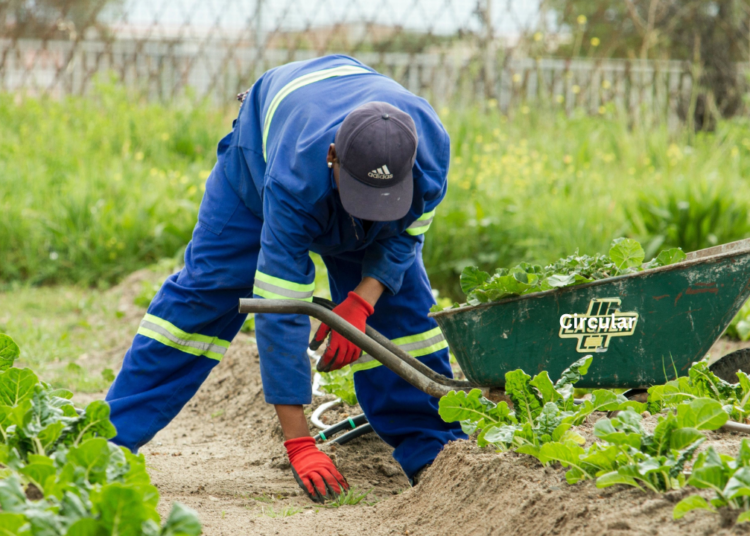The Japanese Government is to spend a total sum of $2.9 million on the circular economy with Lagos, Abuja and the federal ministry of environment listed as beneficiaries of the first phase of the project.
The 36 months programme to be implemented in Abuja is a partnership between the Abuja Environmental Protection Board (AEPB) and United Nations Industrial Development Organization (UNIDO), sponsored by the Japanese Government.
Circular economy is an initiative for sustainable and efficient use and processing of all raw materials especially plastic to protect the environment.
Speaking at a sensitisation programme for the project which held in Abuja, the Permanent Secretary, Federal Capital Territory (FCT), Mr Adesola Olusola, said the Abuja Environmental Protection Board which is the Agency of the FCTA tasked with environmental management of the city in conjunction with UNIDO through the Japanese Government raises a clarion call to stakeholders and the populace alike to contribute their quota in reducing and managing the hazards of plastic waste via “The Sustainable Plastic Value Chain Through Circular Economy Practices”.
He said AEPB and UNIDO collaboration on circular economy and resource efficiency, funded by the government of Japan, will set up standard collection centers within the federal capital territory.
Represented by Nuel Haruna, the permanent Secretary said recent scientific studies show that plastic waste pollution accounts for about 4% of the world’s total greenhouse gas emissions, standing at 65,662 parts per million (PPM), which is twice as much as carbon emissions produced from the aviation sector worldwide.
Also speaking, the representative of the UNIDO regional office, Oluyomi Banjo, said plastic litter is a major global environmental problem with its production on the increase.
He said plastic produce in Nigeria can find its way to different parts of the world adding that since open burning of plastic releases harmful emissions, added that in Nigeria, its consumption grew from 578,000mt to 1,250,000mt.
“By 2025, Nigeria will be the largest producer of these plastics that are harmful to the environment. That’s why a circular economy is recommended,” he said.
Speaking on behalf of the Director of Abuja Environmental Protection Board, Hajiya Zainab Umar, said plastic waste is affecting the health of the city.
“The circular economy is to minimize the use of raw materials. We are working to discourage the excessive use of plastic and discourage pollution. AEPB will ensure that circular economy and management of environmental challenges is a success,” she said.
Also, the Director, Solid Waste Management of the AEPB, Mr Benjamin Enwerem said the Japanese government voted $2.9 million dollars for the project that is taking place in Abuja, Lagos, including the federal ministry of environment as beneficiaries.
“If the project is successful, they will definitely extend it to other states,” Enwerem, who is the focal point for the project with AEPB, said.
We’ve got the edge. Get real-time reports, breaking scoops, and exclusive angles delivered straight to your phone. Don’t settle for stale news. Join LEADERSHIP NEWS on WhatsApp for 24/7 updates →
Join Our WhatsApp Channel











